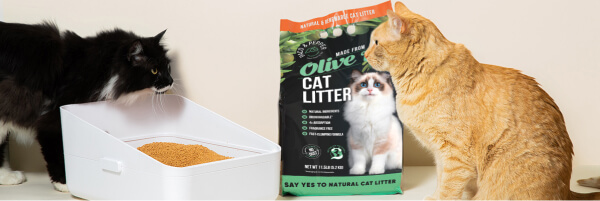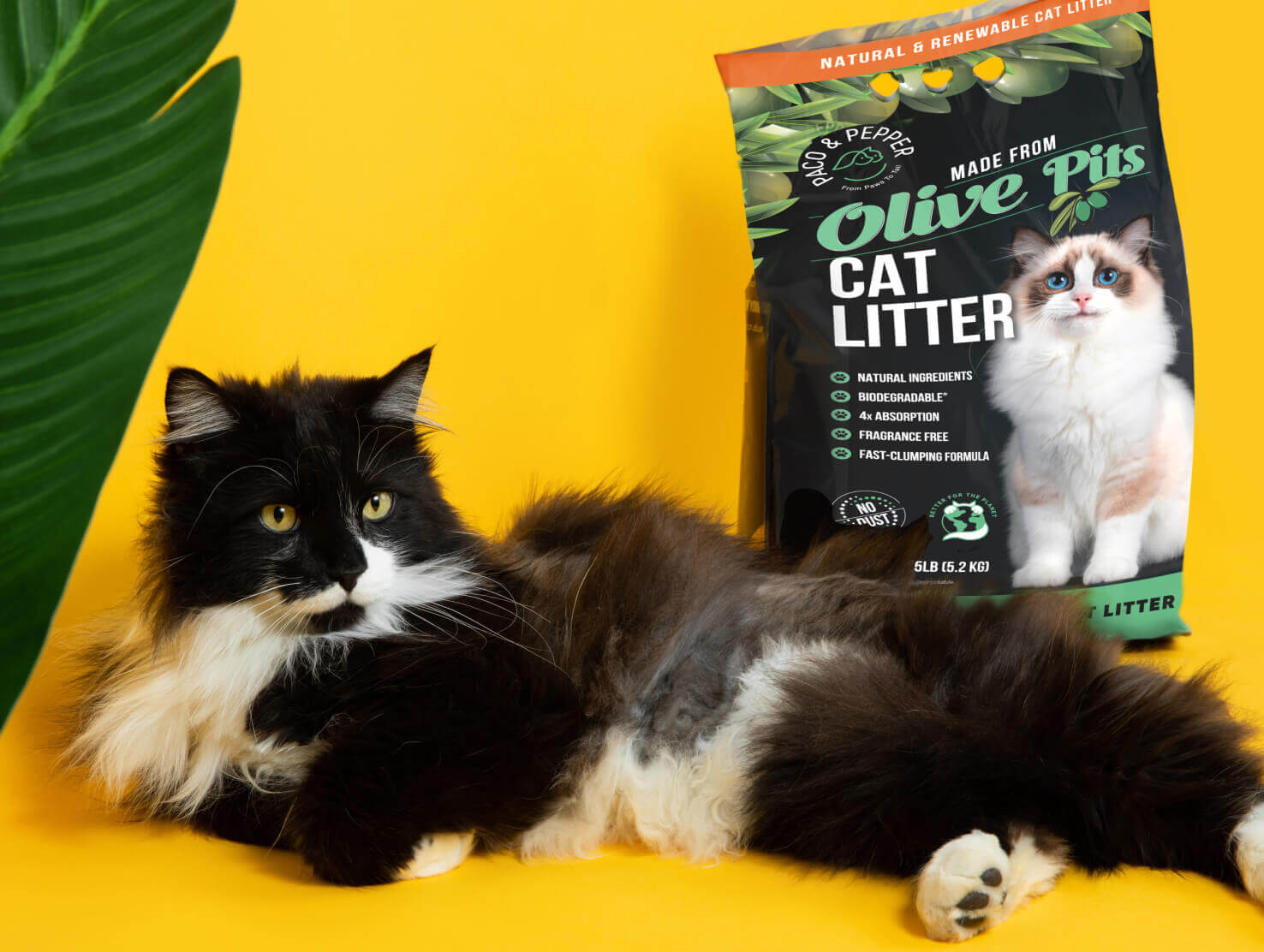Is Cat Litter Radioactive?

Cat owners often worry about the safety of the products they buy for their beloved pets. A question that often comes up is whether cat litter is radioactive. In this article, we'll uncover the truth about why cat litter sometimes may be radioactive and provide insight on how to choose a safe cat litter option.
Is kitty litter radioactive
Radioactivity refers to the emission of radiation from unstable atomic nuclei. Although cat litter is rarely radioactive, several natural and man-made factors can contribute to its radioactivity.
Why is cat litter radioactive?
Clay-Based Litters
It is important to understand that some geological formations in which clay deposits occur may naturally contain radioactive elements such as uranium and thorium. These elements end up in clay as they form over millions of years. Consequently, when clay-based litters are produced using these deposits, trace amounts of radioactive materials may accidentally end up in the final product.
Environmental Contamination
Environmental pollution may also affect the radioactivity of cat litter. Radioactive substances such as radon, which occur naturally in soil and rocks, can leach into production facilities or warehouses where cat litter is produced and stored. Such environmental pollution can lead to the presence of radioactive particles in the litter, albeit in small concentrations.
It is important for cat owners to be aware of these potential sources of radioactivity in cat litter and to choose products that undergo rigorous testing for safety and quality.
Is kitty litter really radioactive?
Why is kitty litter radioactive? The levels of radioactivity found in cat litter are usually very low and are considered the minimal risk to both pets and people. However, prolonged exposure to even low levels of radiation can potentially pose health risks over time.
Exposure to radioactive materials in cat litter can lead to a variety of health problems, including:
- Radiation poisoning. Long-term exposure to elevated levels of radiation can cause radiation poisoning, leading to symptoms such as nausea, vomiting, fatigue and even organ damage in severe cases.
- Increased risk of cancer. Radioactive elements such as uranium and thorium emit ionizing radiation, which can damage DNA and increase the risk of cancer over time. Chronic exposure to even low levels of radiation carries the risk of developing various types of cancer, including lung cancer and leukemia.
- Breathing problems. Inhaling radioactive dust particles from contaminated cat litter can irritate the airways and lead to respiratory problems such as coughing, wheezing and shortness of breath.
Although the risk of radiation exposure from cat litter is generally low, it is important to take precautions to minimize potential health risks. Selecting cat litter that is thoroughly tested for radioactivity levels and choosing natural, low-dust alternatives such as Paco&Pepper cat litter can help reduce your exposure to harmful substances. This litter is made from natural olive pits and contains no radioactive elements, commonly found in clay litters. What is more, its unique formulation provides superior odor control and clumping without posing any health risks to your cat.


